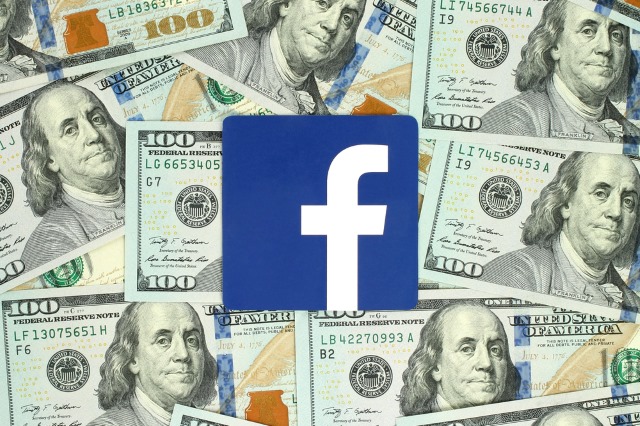
Facebook Fundraisers expand so you have more reasons to ask your friends for money
It's not all that long since Facebook introduced a fundraiser feature, making it possible for users to ask others on the social network for money for a particular cause. Now the company has expanded the personal fundraiser feature so that it can be used for more things.
Specifically, Facebook now permits people to raise money in two additional categories: sports and community. With the community category covering "neighborhood services, community improvements or environmental improvements," fundraisers have now become much wider-ranging.

Facebook's latest Trending Topics tweak aims to kill the echo chamber problem
The way Facebook's algorithm's work -- and the way we generally make and maintain friendships -- means that expressing our view on social media is very much like shouting into an echo chamber. The people we follow and who follow us are likely to have broadly similar views on many topics, and Facebook has long worsened the problem by suggesting content we might like to read.
But this is about to change. Not that Facebook is going to stop suggesting content, rather it is redesigning the Trending topics page. What this means is that you're going to see news from a wider range of sources, decreasing the chances that you'll only see articles that precisely mirror your existing views.

Europe approves rules that would force Facebook and other social sites to tackle hate-speech
Facebook may be taking steps to tackle hate speech and other unsavory content but the European Union could soon force it to do more. Plans have been approved for rules that require online content providers such as Facebook, YouTube and Twitter to "protect children and tackle hate speech better."
Failure to comply with the rules could result in hefty fines being levied against offenders. There are still a number of hoops for the proposed regulations to pass through -- including the European Parliament -- before they become law, but it may not be long until social media sites are obliged to block hate speech videos and those that promote terrorism.
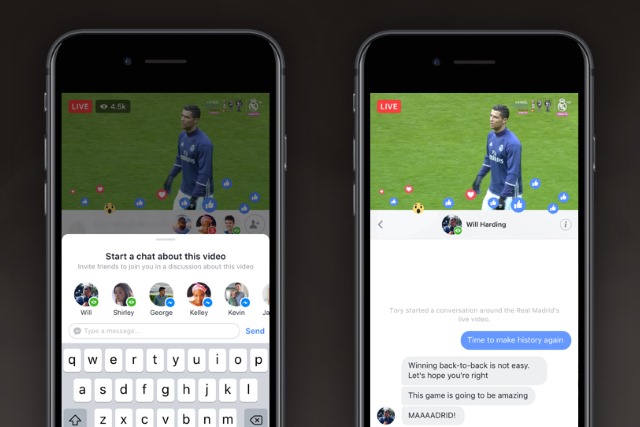
Live Chat With Friends brings private chats to Facebook Live
Facebook understands the importance of video on its platform, particularly live video. Facebook Live has proved to be an incredibly popular component of the social network and now the company is introducing new ways to connect with friends through the service.
Known as Live Chat With Friends, the new feature makes it possible to chat privately with friends during live broadcasts. The company is also rolling out another new feature called Live With. This "lets you invite a friend into your live video so you can hang out together, even if you’re not in the same place."
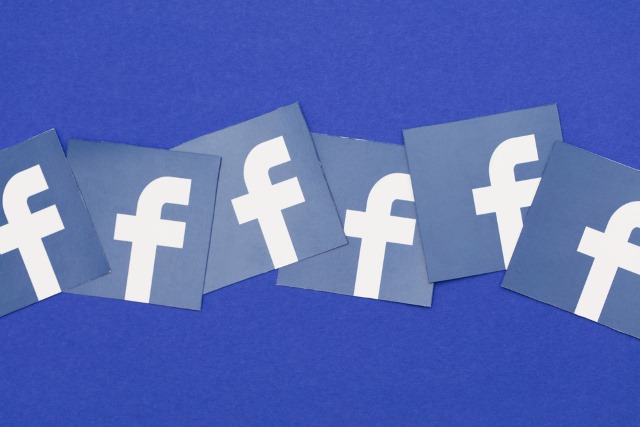
Facebook on moderation and community standards: 'we take our role extremely seriously'
Recently leaked documents gave a unique insight into just what can be posted on Facebook, and what moderators are expected to censor. In response to this, the company's head of global policy management, Monika Bickert, has written a lengthy statement in which she tries to explain how Facebook choose what to censor.
While some of Facebook's policies are well known, this is not true of all of them, and this is not without reason. Bickert explains: "We don't always share the details of our policies, because we don’t want to encourage people to find workaround." She says that Facebook faces a difficult task in determining whether a post that is reported should be removed or not.
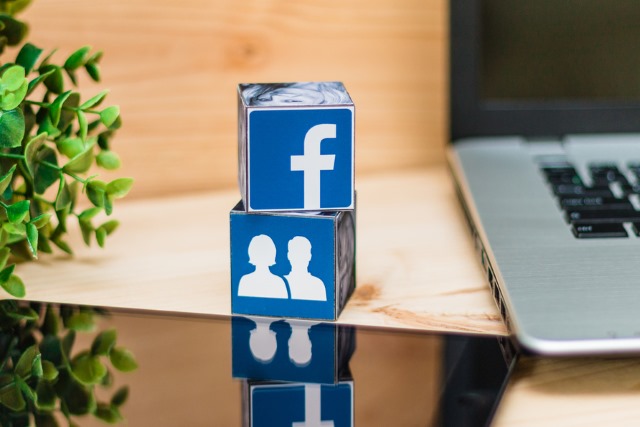
Leaked documents show how Facebook censors users, and reveal policies on sex, terrorism and hate
At the moment, Facebook appears to be more concerned with keeping fake news out of users' news feeds and clamping down on clickbait and propaganda, but there has also been a lot of interest recently in how the social network moderates -- or censors -- content posted by its users. A leak of what has been dubbed The Facebook Files gives a fascinating insight into how the company moderates content, shedding light on just what its secret internal guidelines are.
Some of the rules are surprising -- livestream of self-harm, for instance, will not be censored, still images of animal abuse are fine -- others less so -- promotion of terrorism and terrorist groups is not permitted, ditto direct threats to someone's life (although the wording of the threat is important). With nearly 2 billion users, Facebook employs an incredibly small team of moderators, and the leaked documents show they have a very tough time.
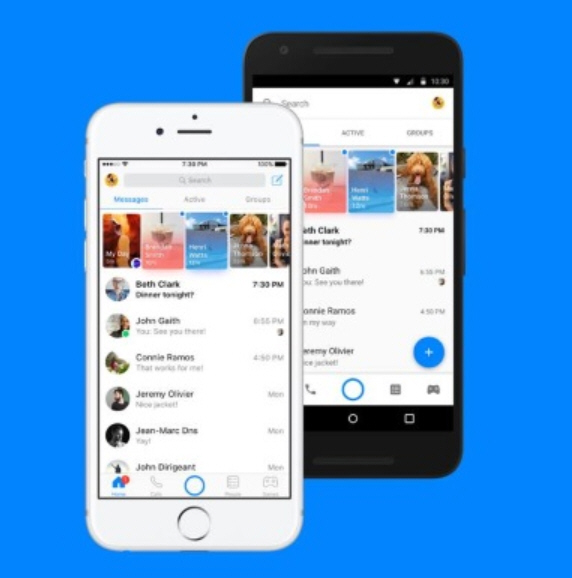
Facebook is finally doing something to make Messenger less of an unusable mess
The Facebook Messenger app for iOS and Android is an utter mess of ideas at the moment. The confused interface is all over the place and decidedly user unfriendly. All that is set to change, though, thanks to an update that rolls out this week.
The update brings a slightly updated look which makes navigation a little easier. Tabs help to keep things better organized so you can jump to where you want to be more easily. The changes do not go as far as letting you kill the endlessly irritating Messenger Day/Stories feature, but it does go some way to improving things.
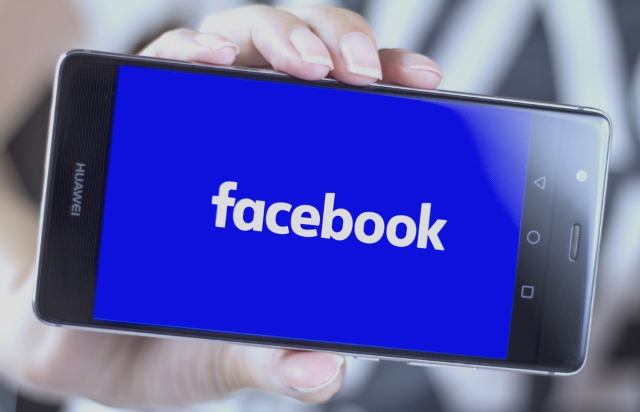
Facebook wants to keep headlines like this out of your News Feed
Facebook recently announced that it wants to do more to cut down on the amount of spam and clickbait that appears in users' News Feeds. Now the social networking company is putting the wheels in motion, working on updates that will help it to identify such content.
In the crosshairs are two different types of clickbait headline: those that exaggerate information, and those that leave out key pieces of information in a bid to get readers to click through. Facebook is also paying more attention to individual posts rather than focusing on the overall output of accounts and pages.

Facebook hit with massive fine for providing misleading information about WhatsApp takeover
The European Commission has hit Facebook with a €110 million ($122 million) fine for "providing misleading information about WhatsApp takeover". The Commission previously expressed concern that the social media giant had not correctly communicated planned changes to its privacy policy.
The changes meant that Facebook was able to match data gathered from WhatsApp users to their Facebook account, even though the company said this was not the case. The "proportionate and deterrent fine on Facebook" is designed not only to punish Facebook, but also to send a message to other companies involved in mergers and acquisitions.
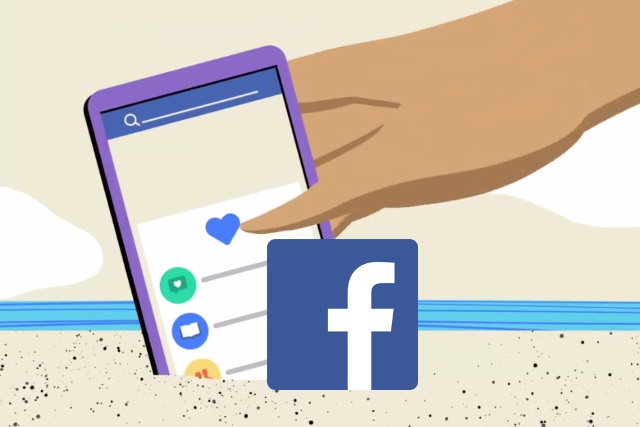
Facebook partners with LGBTQ group for Messenger suicide support, and expands mental health tools
In the US, May is Mental Health Awareness Month, and Facebook is using this to raise awareness of the tools it offers for those in need of help. The social network says that it wants to help people connect with the help they need to promote good mental health and well-being.
The company is also expanding its suicide prevention tools -- something it has offered for a decade now -- by working with new partners. The latest addition to the fold is The Trevor Project to help offer support to LGBTQ youth, and Facebook also says that its overall arsenal of tools has been improved by advancements in technology.
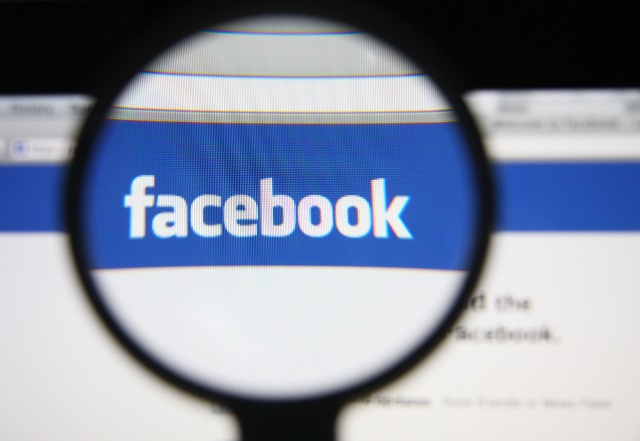
Facebook accused of stealing technology for Open Compute Project
Facebook is set for a potentially explosive legal case after the company was accused of stealing proprietary technology.
In a California district court, a judge has laid out a detailed timeline regarding the upcoming legal battle between Facebook and UK data center company BladeRoom over allegations that the social network stole the latter's server and rack technology for use in its own Open Compute Project.

Updated BBC Privacy and Cookies Policy reveals targeted social advertising, and data sharing with TV Licensing
Just a few days ago, the BBC revealed that it was planning to introduce password checks for iPlayer users so it could ensure that a valid TV license is in place. Following on from this, the corporation has updated its Privacy and Cookies Policy.
The changes mean that personal information is shared with TV Licensing to check whether individuals have paid for a license. The BBC also says that it will use the personal data it collects to deliver "relevant advertising" on the likes of Facebook, Twitter and Instagram.

Facebook cleans up News Feeds by reducing links to 'low quality', clickbait content
When it's not being accused of being used for propaganda or peddling fake news, Facebook is often criticized for being home to meaningless clickbait that exists only to generate ad revenue. As part of an on-going drive to make people's News Feeds more useful and pleasant to use, the social network is clamping down on what it refers to as "links to low-quality web page experiences."
Facebook wants to cut back on content that is "misleading, sensational and spammy" and links to web pages that contain "little substantive content and that is covered in disruptive, shocking or malicious ads." Starting right now, you should start to see fewer of these links.

Facebook shuts down abortion group's page for 'promotion or encouragement of drug use'
Just yesterday we wrote about the repeated closure of an atheist Facebook group by the social network. Now, in a similar act that has more than a slight whiff of censorship to it, Facebook has "unpublished" the page of Women On Web, a group that puts women who live in places that have abortion restrictions in contact with doctors.
The doctors that women are connected with can provide them with abortion pills, and it seems that because of this the group, Women On Web, has been found by Facebook to be engaged in the "promotion or encouragement of drug use". The group describes itself as "a place for the pro-abortion rights, pro-choice, and reproductive justice communities to engage in discussion and share news."
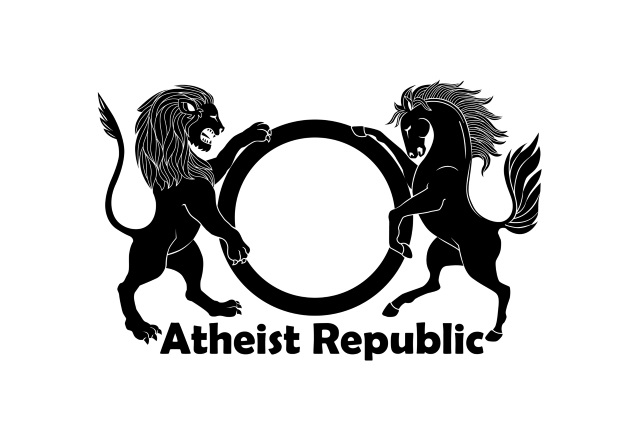
Atheist group claims Facebook keeps deleting its page
An atheist Facebook page with more than 1.6 million fans is being repeatedly deleted by the social network, claims the group behind it. Atheist Republic says that a coordinated campaign has resulted in the page being removed at least three times.
It is thought that Facebook’s automated removal process may be to blame, with algorithms taking the page offline after a series of reports. The page is used to actively criticize religion, and it is believed that an orchestrated fightback from religious groups is leading to its repeated automatic removal.
